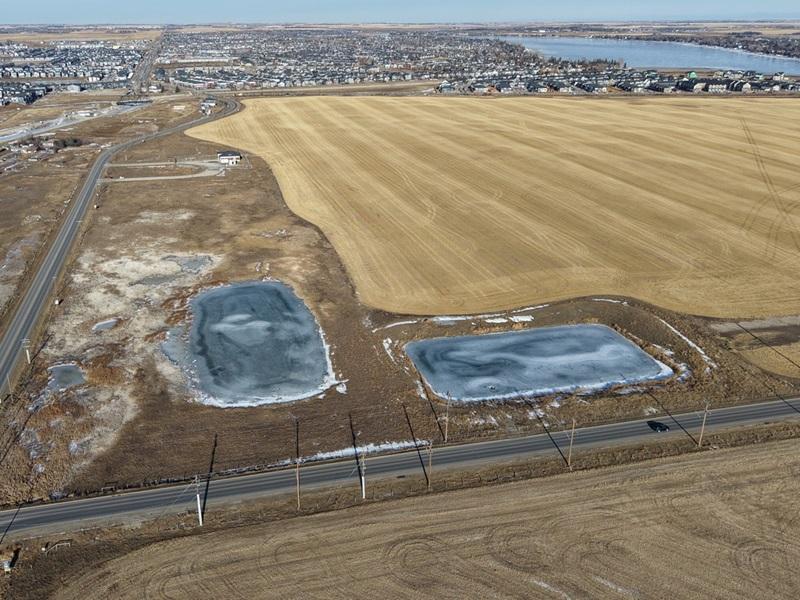 A merger of four real estate boards in Ontario named the Cornerstone Association of Realtors aims to open up the industry’s data sharing and offer more services and higher standards.
A merger of four real estate boards in Ontario named the Cornerstone Association of Realtors aims to open up the industry’s data sharing and offer more services and higher standards.
Formed in July, it brings together the Realtors Association of Hamilton-Burlington (RAHB), Mississauga Real Estate Board, Simcoe & District Real Estate Board and Waterloo Region Association of Realtors (WRAR).
Cornerstone says it is the second-largest real estate board in Ontario with almost 9,000 Realtors, second only to the Toronto Regional Real Estate Board (TRREB).
“I think Cornerstone has a bigger vision of getting out of the legacies, of the way organized real estate has been done in the past," Julie Sergi, chair of Cornerstone, said in an interview with RENX Homes. "We're looking more towards being collaborative with other associations, we're looking to be more communicative with our actual members.”
Opening the data gates
The idea for Cornerstone was initiated by WRAR and RAHB because the two boards saw more cross-pollination of clients and shared cultures, Sergi said. A question was floated if the two could amalgamate to provide better services to its members. When the other boards heard, they indicated interest in joining.
The offices of the four boards will continue to operate, while Cornerstone is headquartered in Hamilton.
Sergi is a broker with Royal LePage Burloak Real Estate Services in Burlington who has over 18 years of experience in the industry. She was on the board of RAHB for under six years and elected chair of Cornerstone.
Collaboration is an important consideration for Cornerstone, according to Sergi. When real estate boards are smaller, they cannot offer as many innovative services and professional standards, she added.
Being larger means Cornerstone can have the resources to offer services at discounted rates, fine-tune its MLS systems and professional standards committees and better advocate for its members in levels of government.
Data sharing is key to Cornerstone. The four boards that make up the real estate board have always been in favour of data sharing with their peers, Sergi said, and believe all Ontario Realtors need access to all the data in the province.
The industry in Ontario used to have a data sharing agreement between many of the province’s boards, she continued, but as the industry changed and some boards joined with data technology companies that are more reluctant to share information, the cooperation shrank.
“More data means we can fulfill our fiduciary duties to our clients, it allows us to have better access so that we can be more efficient at our jobs. It helps us to have access to the information we need to be able to better serve the general public when it comes to listing their properties, coming up with the pricing, showing them listings in the areas they want to be in.”
How to address the housing affordability
There has been more inventory in the Ontario housing market, Sergi said, with more choice and room for buyers to negotiate on their offers. With interest rates slowly dropping, there has not been a significant shift in the market. One or two more interest rate drops that could happen by the end of the year are not likely to make a seller’s market, she added. But it may promote more sales happening quickly.
To tackle Canada’s high housing prices, Sergi said Cornerstone will lobby governments for immigration policies that prioritize people with trades skills who can build more housing, evenly spread amortization rates for resale homes, and find ways to unclog jammed up cases in the Landlord and Tenant Board.










